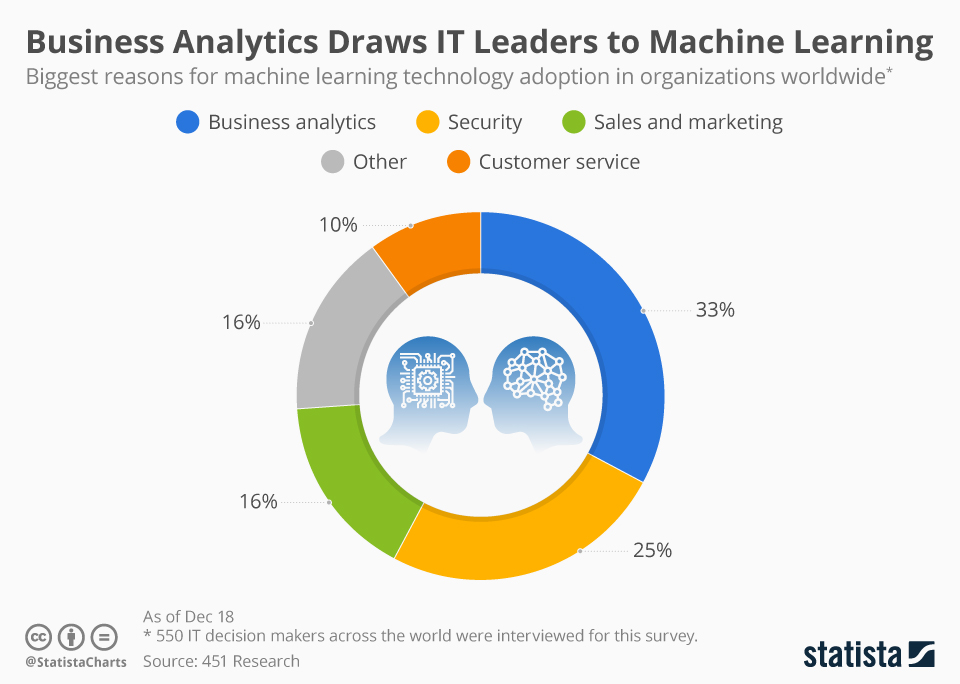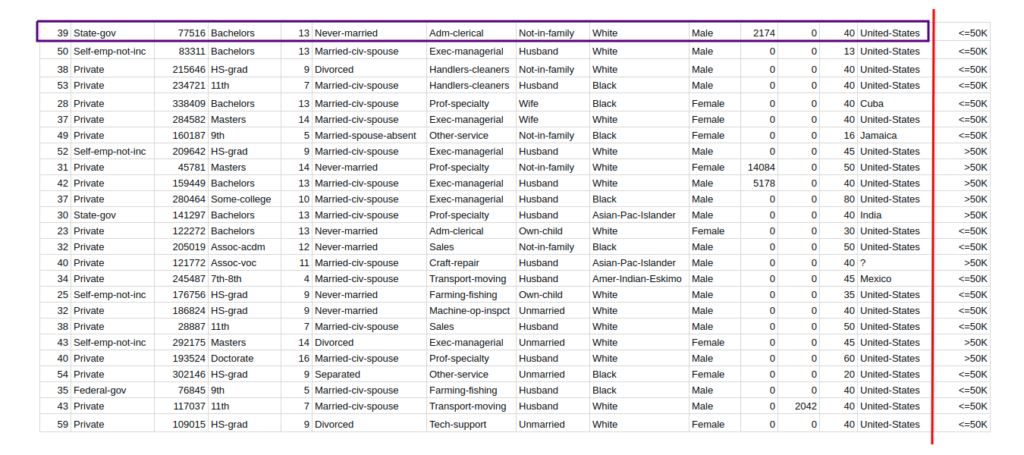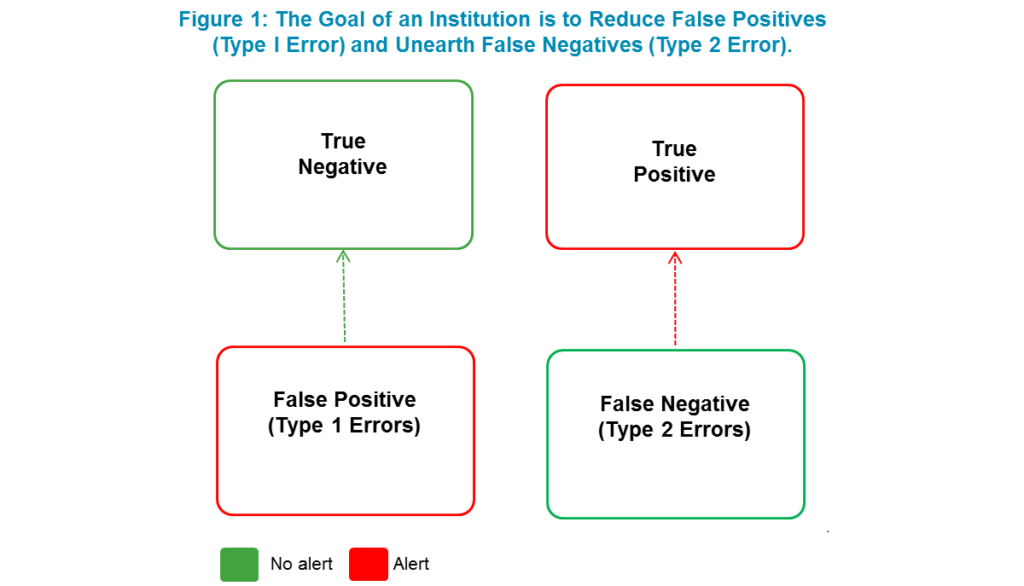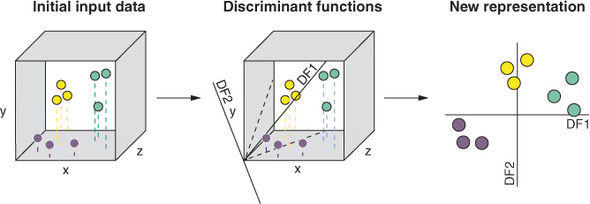In recent years, the marketing industry has witnessed a significant shift towards data-driven decision making. With the rise of machine learning technology, businesses are now able to leverage data to gain a deeper understanding of their audience and create personalized marketing strategies. Machine learning has revolutionized the way marketers approach their work, allowing them to analyze large sets of data and make informed decisions in real-time.
The impact of machine learning on marketing has been profound, enabling businesses to optimize their campaigns, improve customer engagement, and increase their return on investment. In this article, we will explore the ways in which machine learning has transformed the marketing industry and examine the benefits of this technology for businesses of all sizes. From predictive analytics to personalized recommendations, we will delve into the many possibilities that machine learning has to offer marketers in today’s digital age.
Machine learning has revolutionized the marketing industry by allowing marketers to automate the analysis of large data sets. This has enabled marketers to better understand customer behaviour, predict customer needs and create more targeted campaigns. Machine learning also helps marketers to better segment audiences, improve customer segmentation and personalize marketing messages. Additionally, machine learning can help automate the process of creating and optimizing campaigns, enabling marketers to save time and resources.

What is Machine Learning?
Machine Learning (ML) is a field of Artificial Intelligence that allows computers to learn from data and experience without being explicitly programmed. It provides a way for computers to learn from data, identify patterns, and make decisions on their own. ML algorithms can be used to automate tasks, improve customer service, and even predict customer behavior.
Impact of Machine Learning on the Marketing Industry
Automation
With the rise of Machine Learning, marketing teams are now able to automate processes and tasks that were once time-consuming and labor-intensive. This automation enables marketers to focus on more strategic activities, such as creating and executing campaigns, while reducing costs associated with manual labor. ML algorithms can help marketers identify the most effective channels and types of content, as well as determine the best time to launch campaigns.
Improved Customer Service
Machine Learning algorithms can help marketers provide a more personalized customer experience. By utilizing customer data, such as past purchases, browsing history, and preferences, ML algorithms can automate customer service tasks such as responding to customer inquiries or providing tailored product recommendations. ML algorithms can also be used to detect customer sentiment and provide an improved customer experience by responding to customer feedback quickly and accurately.
Predictive Analytics
Predictive Analytics is a powerful tool that can help marketers better understand customer behavior and anticipate future trends. ML algorithms can be used to identify customer segments, predict customer lifetime value, and forecast customer churn. By leveraging predictive analytics, marketers can more accurately target customers and optimize campaigns for maximum return on investment.
Improved Targeting
ML algorithms can help marketers identify and target the most valuable customers and prospects. By analyzing customer data, ML algorithms can identify customer segments and help marketers target customers more effectively with tailored messages. ML algorithms can also help marketers identify trends in customer behavior, allowing them to better anticipate customer needs and wants.
Enhanced Measurement and Optimization
ML algorithms can help marketers measure and optimize campaigns in real-time. By leveraging ML algorithms, marketers can track customer behavior, analyze customer data, and identify trends in customer behavior. This data can then be used to optimize campaigns for maximum return on investment.
Improved Personalization
Machine Learning algorithms can help marketers personalize their marketing efforts by delivering tailored content to customers based on their preferences and past behavior. ML algorithms can also help marketers create content that is relevant and engaging to each individual customer. This personalization can lead to increased customer engagement, higher conversion rates, and improved customer loyalty.
Increased ROI
By leveraging the power of Machine Learning, marketers can improve their return on investment and increase their profits. By automating processes, personalizing content, and optimizing campaigns, marketers can increase their revenue and maximize their return on investment. ML algorithms can also help marketers identify new revenue streams and opportunities for growth.
Frequently Asked Questions
Machine learning has revolutionised the marketing industry by automating processes, improving customer segmentation, and providing predictive analytical insights. This article provides answers to frequently asked questions about the impact of machine learning on the marketing industry.
What is Machine Learning?
Machine Learning is a type of Artificial Intelligence that enables computers to learn from data and then use what they have learnt to make decisions and predictions. Machine learning is based on algorithms that are self-improving and can learn from large datasets. It is used to automate processes, analyse customer behaviour, and provide predictive insights to marketers.
How has Machine Learning impacted the Marketing Industry?
Machine Learning has revolutionised the marketing industry in many ways. It has enabled marketers to automate processes such as personalisation, segmentation and targeting, as well as analyse customer behaviour and provide insights into customer preferences and trends. Machine learning has also enabled marketers to use predictive analytics to make better decisions and create more effective campaigns.
What are the Benefits of Using Machine Learning in Marketing?
The use of machine learning in marketing provides many benefits. It enables marketers to automate processes, analyse customer behaviour, and use predictive analytics to make more informed decisions. Moreover, it helps marketers to create more effective campaigns and target the right customers with the right message.
What are the Challenges of Using Machine Learning in Marketing?
The use of machine learning in marketing does come with some challenges. One of the major challenges is the difficulty in collecting and cleaning data. Additionally, machine learning algorithms can be complex and difficult to understand, and require expertise to use. Finally, machine learning systems can be expensive and require a significant investment.
How can Marketers Implement Machine Learning?
For marketers to implement machine learning, they need to first understand the technology and its applications in marketing. They should also invest in the right tools and technologies to support their machine learning efforts. Additionally, they should ensure that their data is clean and organized and that they have the right resources to manage and monitor their machine learning systems.

In conclusion, machine learning has revolutionized the marketing industry in numerous ways. It has enabled marketers to analyze vast amounts of data and develop more targeted and personalized campaigns. Machine learning algorithms have also made it possible to automate various marketing processes, freeing up time for marketers to focus on strategy and creativity.
However, it is important to note that machine learning is not a magic solution for all marketing challenges. It requires skilled professionals who can understand and interpret the data and make informed decisions based on it. As machine learning continues to advance and evolve, it will undoubtedly continue to shape and transform the marketing industry in ways we cannot yet predict. But one thing is certain: those who embrace and adapt to these changes will be best positioned to succeed in the ever-evolving world of marketing.




What a stuff of un-ambiguity and preserveness of precious familiarity concerning unexpected feelings.
Its like you read my mind! You seem to know so much about this, like you wrote the book in it or something. I think that you can do with a few pics to drive the message home a bit, but other than that, this is excellent blog. A great read. I will certainly be back.
An fascinating dialogue is value comment. I believe that it’s best to write extra on this topic, it won’t be a taboo topic however generally persons are not sufficient to talk on such topics. To the next. Cheers
I used to be recommended this blog by my cousin. You are wonderful! Thanks!